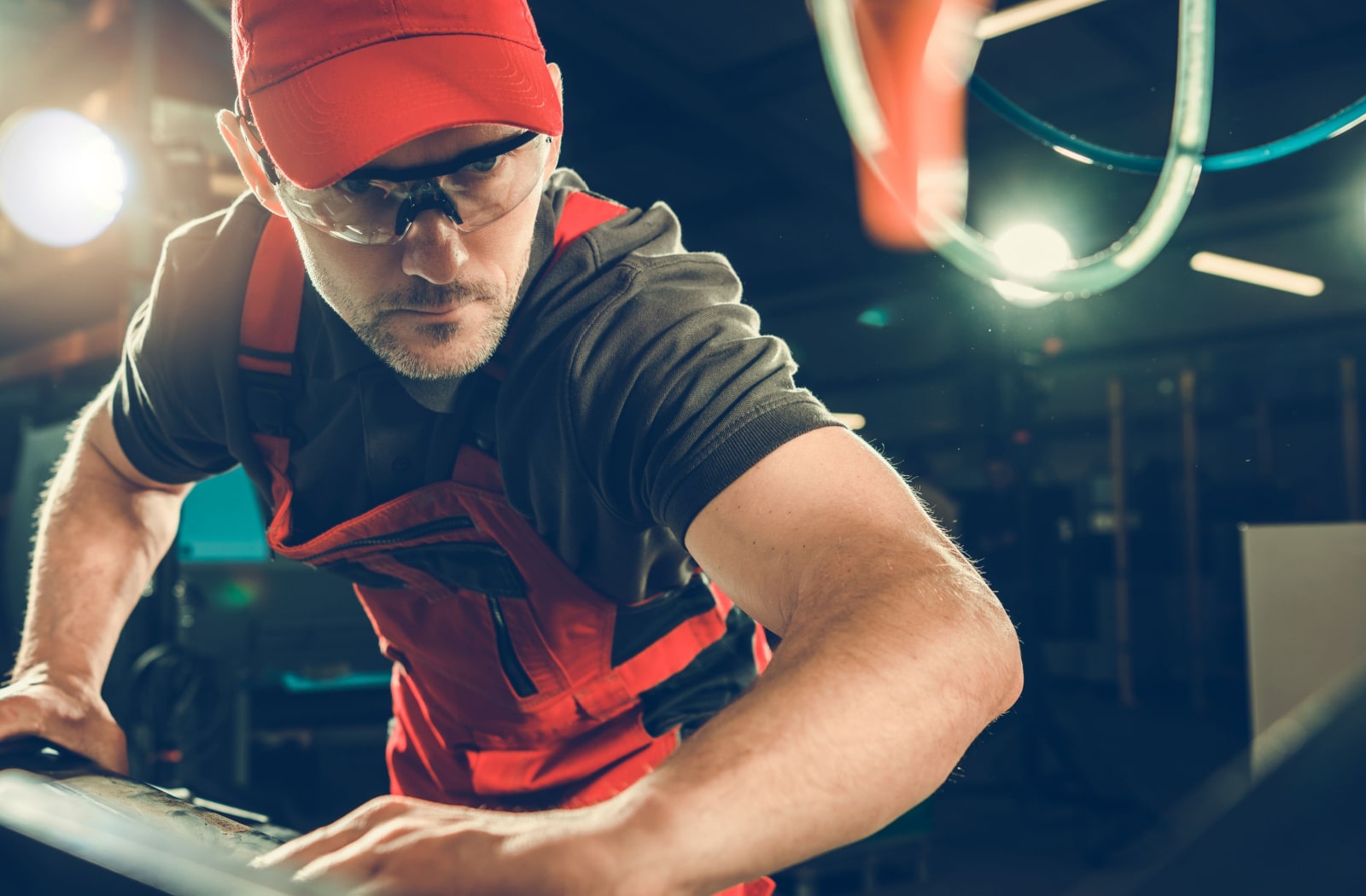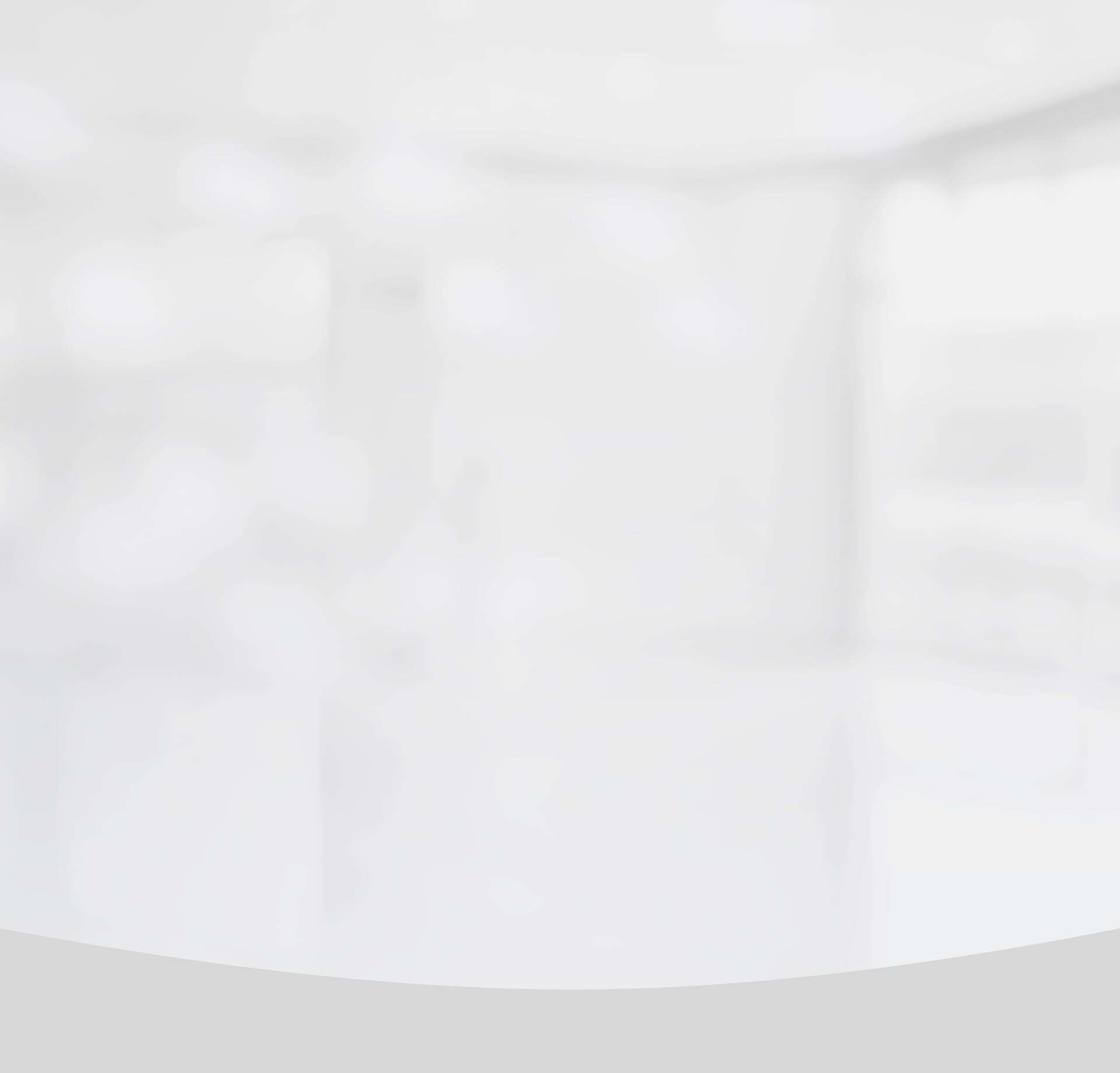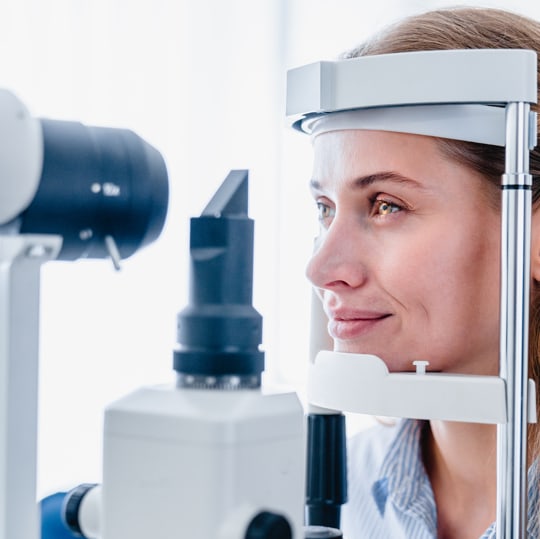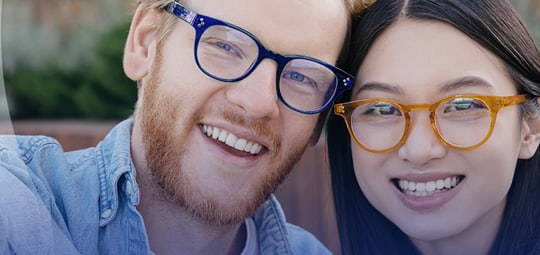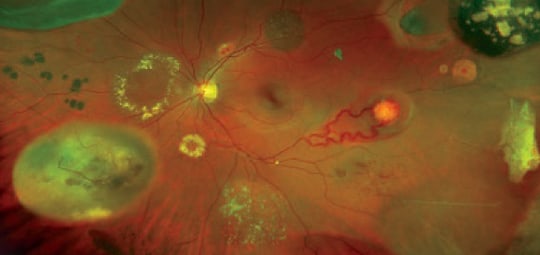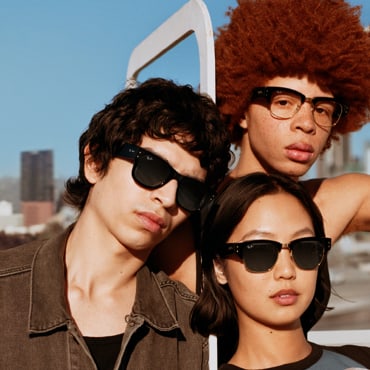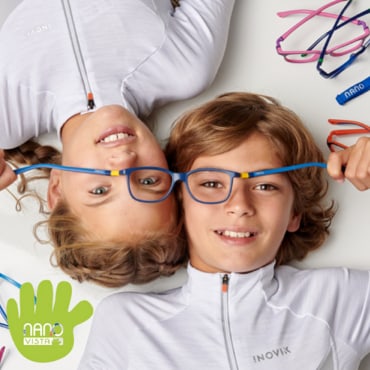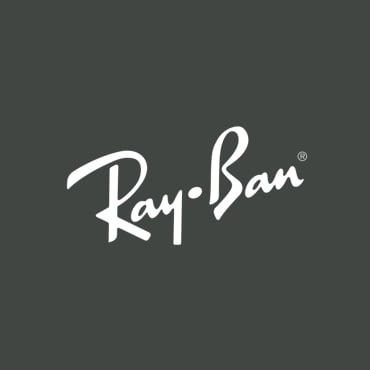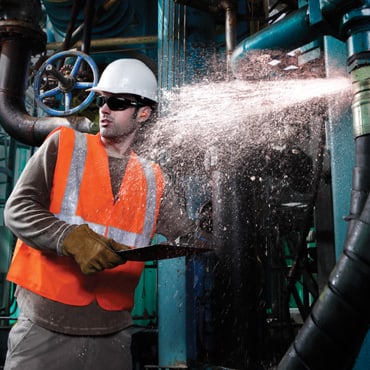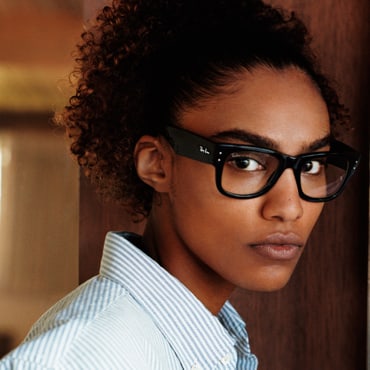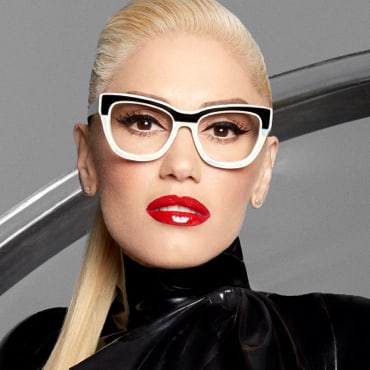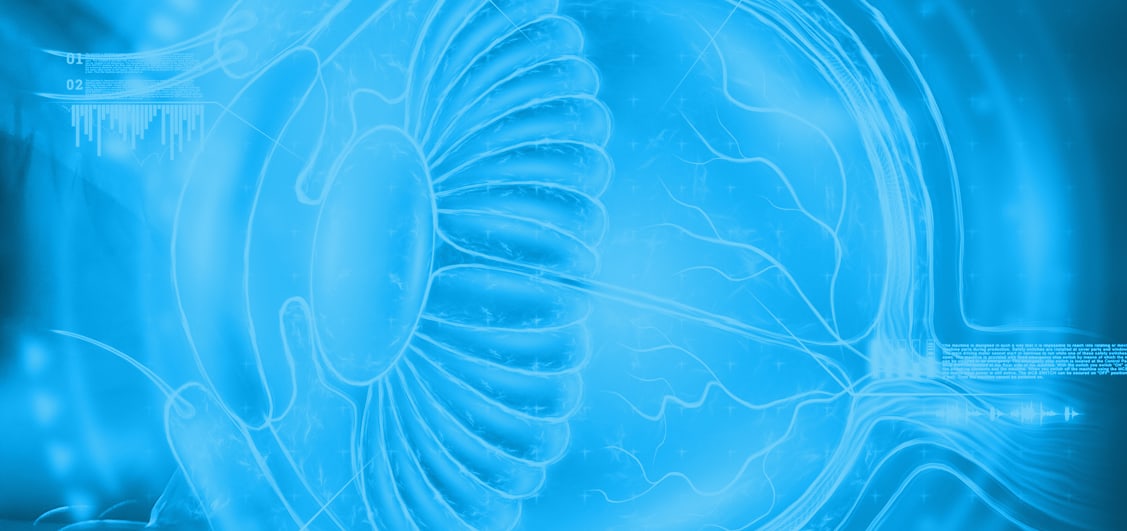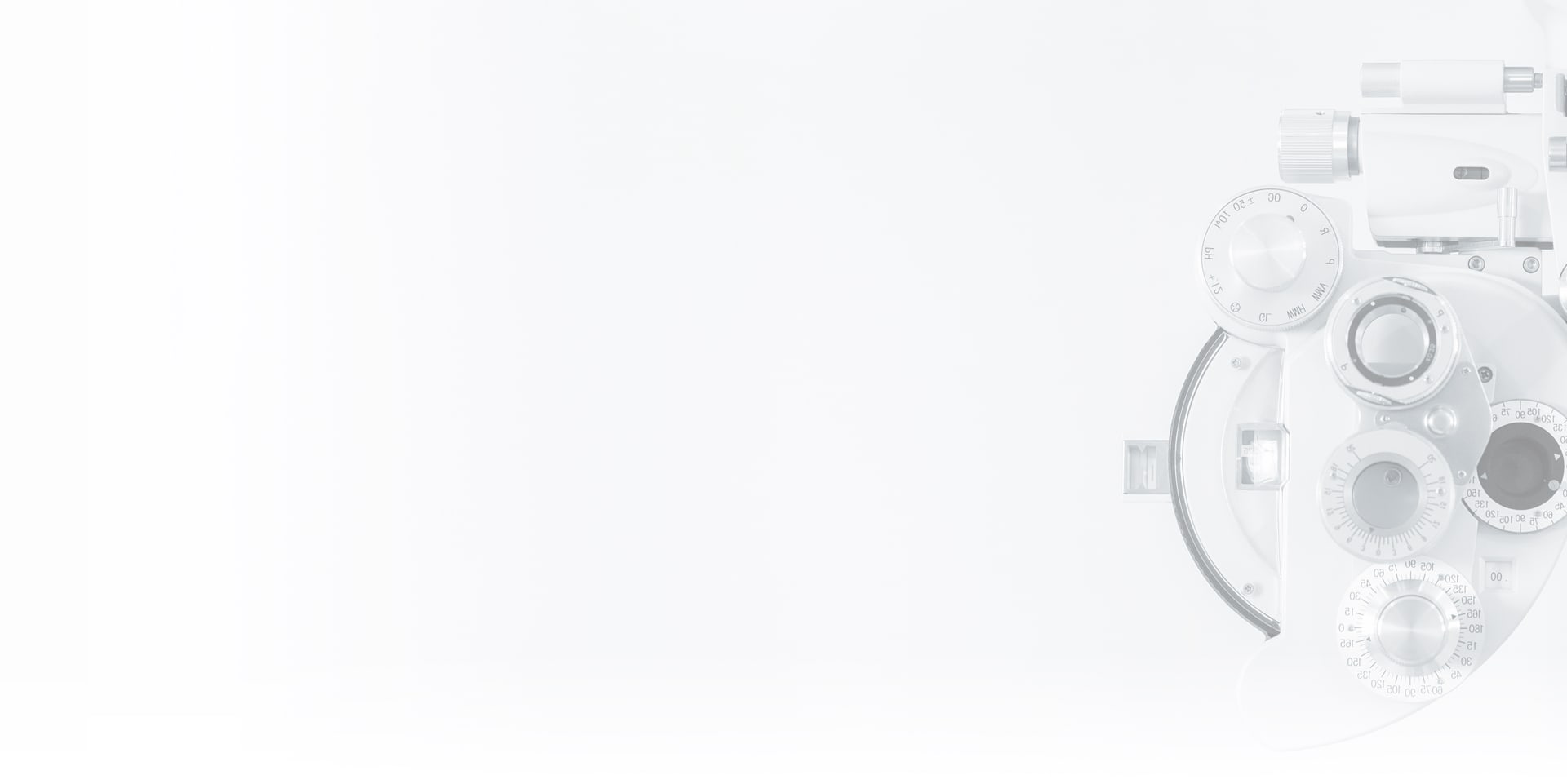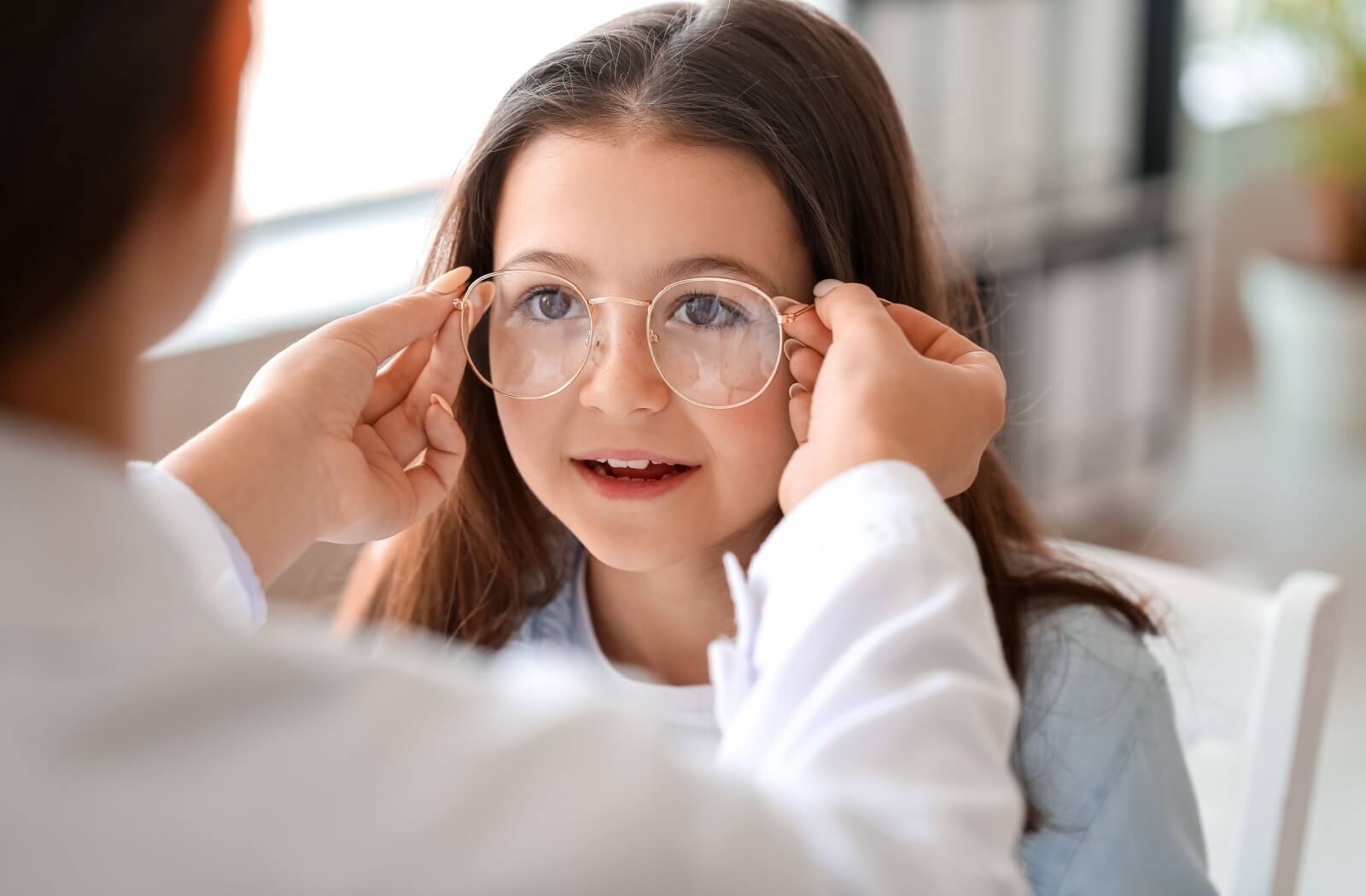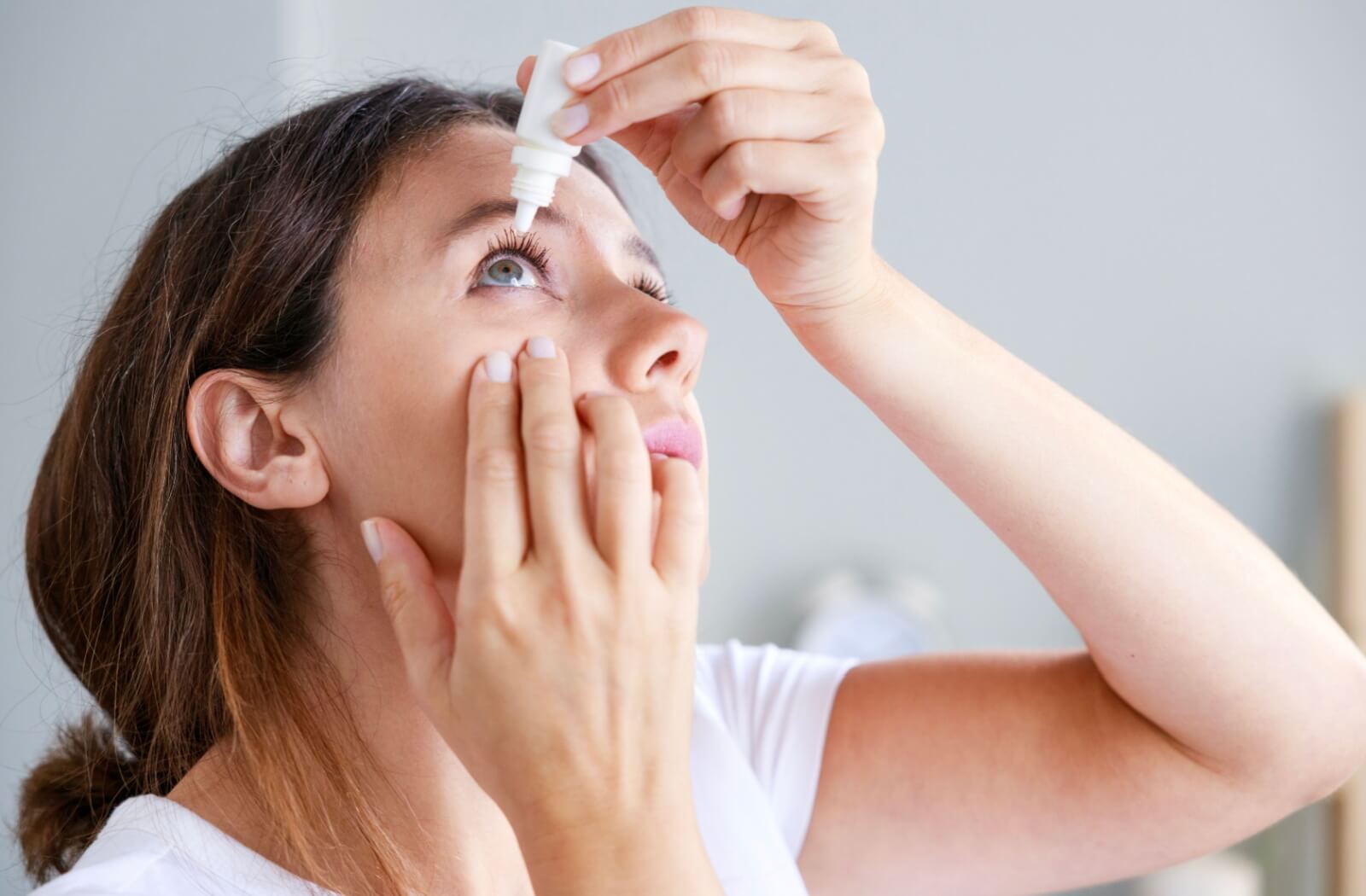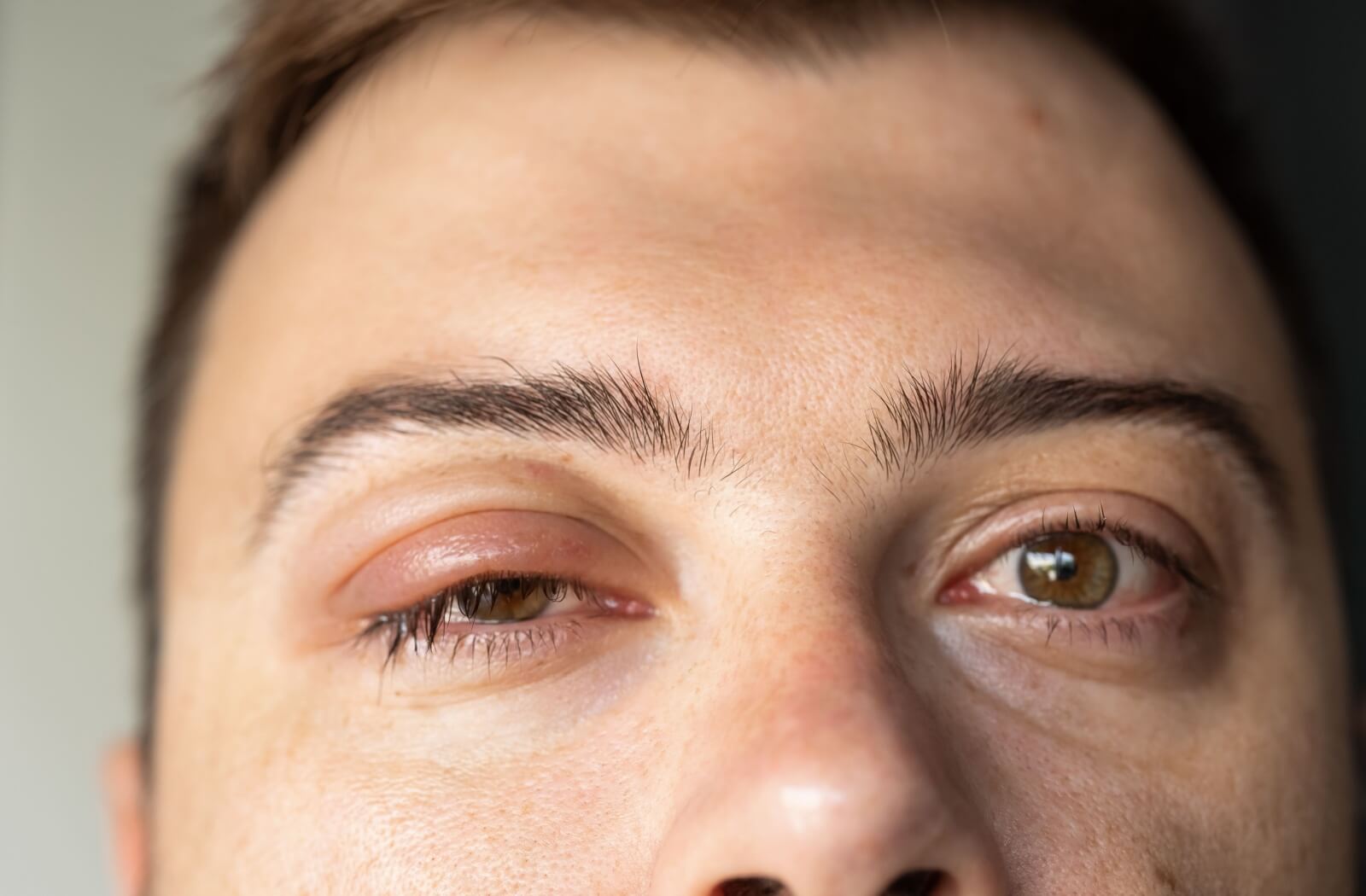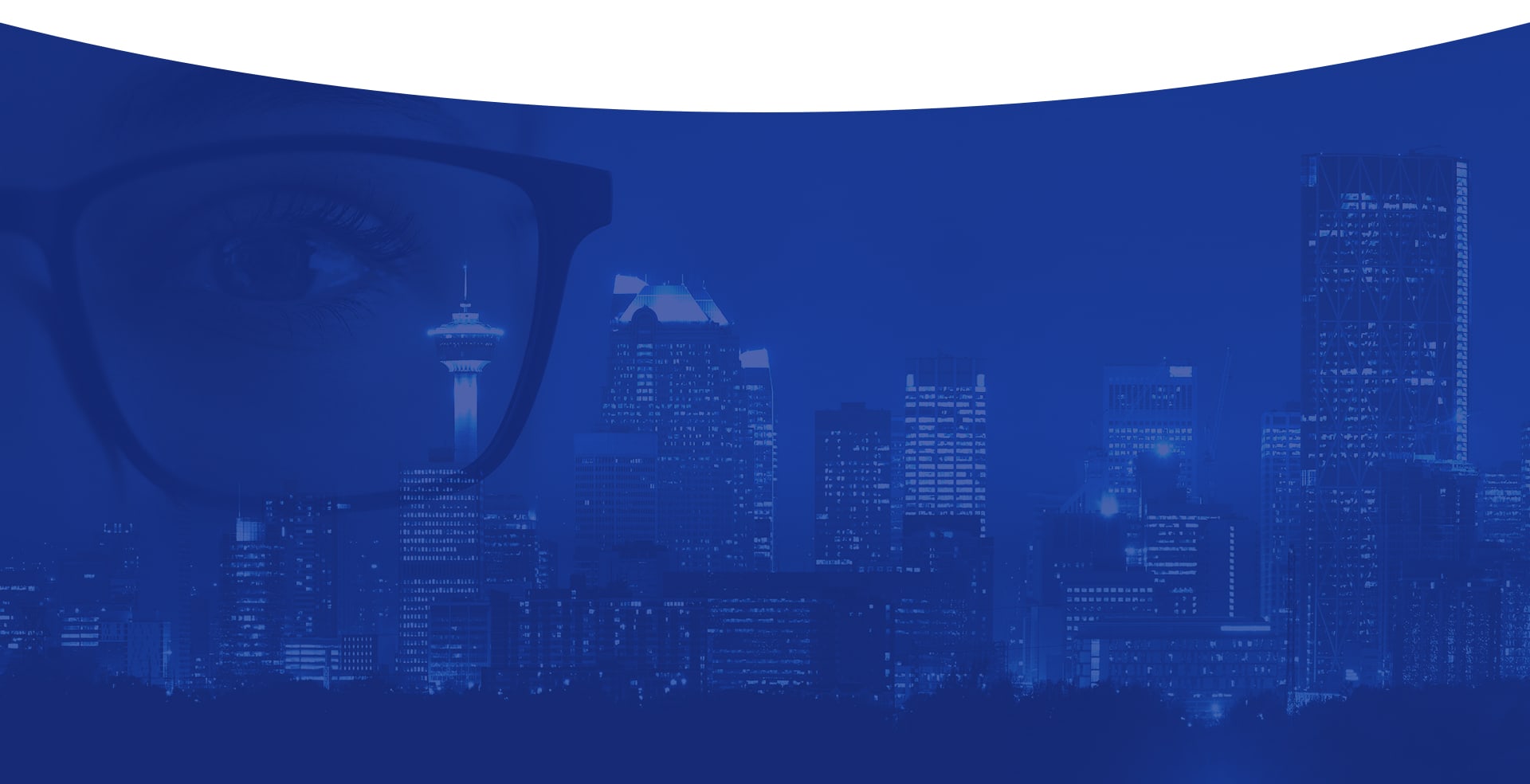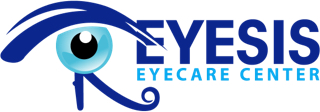Every day, we expose ourselves to different risks as we go about our daily activities. One of the most vulnerable parts of our body is our eyes. Our eyes don’t heal like the rest of our body, and damage could be permanent.
The hazards we face in jobs such as construction, healthcare, mechanics, plumbing, and more could harm our sight. In these situations, wearing safety glasses is essential. A good pair of safety glasses should fit well and offer additional features such as UV protection or prescription lenses.
Construction Workers
Construction jobs are one of the most hazardous industries in the world. The risk of accidents is always high, and workers must take precautionary measures to prevent injuries. One such measure is safety glasses while on the worksite.
Construction sites are full of flying debris, such as sawdust, metal fragments, concrete chips, and other hazardous materials. This flying debris can cause serious eye injuries if it hits the eye. Safety glasses protect the eyes from such potential hazards.
Safety Glasses for Construction
Construction workers operate heavy machinery or tools that emit dust, smoke, or fumes that can cause eye strain. Wearing safety glasses that block particles and have appropriate lenses can help prevent eye strain and protect the eyes from UV rays.
Safety glasses come in various tints that enhance visibility in different lighting conditions. Some safety glasses have polarized lenses that reduce glare from sunlight, making them ideal for outdoor workers.
Construction sites also have plenty of harmful chemicals, contaminated materials, and infectious agents that can cause infections if they get into the eyes. Wearing wraparound safety glasses provides a barrier of protection against these foreign materials, reducing the risk of infection.
Healthcare Workers
In any medical facility, safety equipment is of the utmost importance. From gloves to gowns, masks, and goggles, these protective gear are worn for a reason—to keep both patients and medical practitioners safe.
Nurses are more likely than other caregivers to experience splashes from blood or other bodily fluids. Around 83% of splashes occur on the nurse’s face, and around 66% affect their eyes. Despite this, only 8% of nurses said they wore eye protection.
Safety Glasses for Healthcare
Nurses, doctors, and dentists alike require safety glasses with full coverage to shield their eyes from exposure to hazardous fluids, such as blood, saliva, or other bodily fluids. With the increased risk of airborne diseases and infections in medical facilities, the eyes are vulnerable to infections from these fluids, and safety glasses provide an additional layer of protection.
Many medical facilities use a variety of chemicals, which can inadvertently splash or spill onto the eyes during procedures. Chemical splashes can cause severe damage to the eyes, including chemical burns, scarring, or even blindness.
Impact-resist glasses can be helpful if you’re struck by an object—or maybe a body part.
Mechanics & Auto Repair
Mechanics need their eyes to diagnose problems, spot defects, and precisely perform repairs. You shouldn’t have to choose between clear vision and eye protection, so prescription safety glasses are an excellent choice for auto repair professionals.
Mechanics work with various tools and equipment that can produce flying debris. If a piece of metal or plastic hits the eye, it can cause severe injuries or, in some cases, blindness. Safety glasses can prevent these injuries by shielding the eyes from flying debris.
Safety Glasses for Mechanics
First and foremost, safety glasses for mechanics need to have impact-resistant lenses. This means they are made of materials that won’t shatter if something hits them. Polycarbonate is a popular choice for safety glasses as it provides excellent impact resistance and is scratch-resistant.
Tinted lenses are often used to provide better vision in bright light or when working with metal, but be careful not to choose a lens that is too dark. You don’t want to be squinting all day, as that can cause unnecessary strain on your eyes.
Many mechanics prefer wraparound glasses that fit snugly around the face to provide maximum protection. Some even have foam inserts around the lenses to provide a secure fit and keep debris out. Another option is goggles that provide full coverage around the eyes. These are great for jobs that involve grinding or any other task that produces a lot of debris.
Plumbers
Plumbers work with various materials that could produce hazardous debris and dust. From sawdust to metal shavings, these particles could irritate or even cause damage to the eyes. By wearing safety glasses, plumbers can protect their eyes from such debris.
Plumbers also work with various chemicals, such as solvents and drain cleaners, which can cause serious harm to their eyes. Safety glasses provide a barrier against chemicals and other foreign substances we’d rather keep out of our eyes.
Safety Glasses for Plumbers
Plumbers can work in a wide variety of settings. They could be repairing and maintaining home fixtures or doing big installs for industrial environments. So, different types of safety glasses are needed for specific hazards plumbers may encounter.
For instance, clear lens glasses are most suitable for general-purpose use, while tinted lenses are useful for working under heavy glare. Impact resistance is essential for plumbers to avoid injuries from rogue piping or flying debris. Additionally, anti-fog coatings can prevent you from having to remove your glasses to see clearly, opening your eyes up to injury once again.
Focus on Eye Safety
Safety glasses are essential to any job with a risk of eye injury. Employers must ensure their workers are equipped with appropriate protective eyewear to minimize the risk of blindness. Still, you should always take the initiative to wear safety glasses in hazardous environments.
Eyesis Eyecare offers prescription safety glasses built to suit your job’s heavy demands. Book an eye exam today and talk to your optometrist about safety glasses. You only have 1 pair of eyes. Treat them well!


